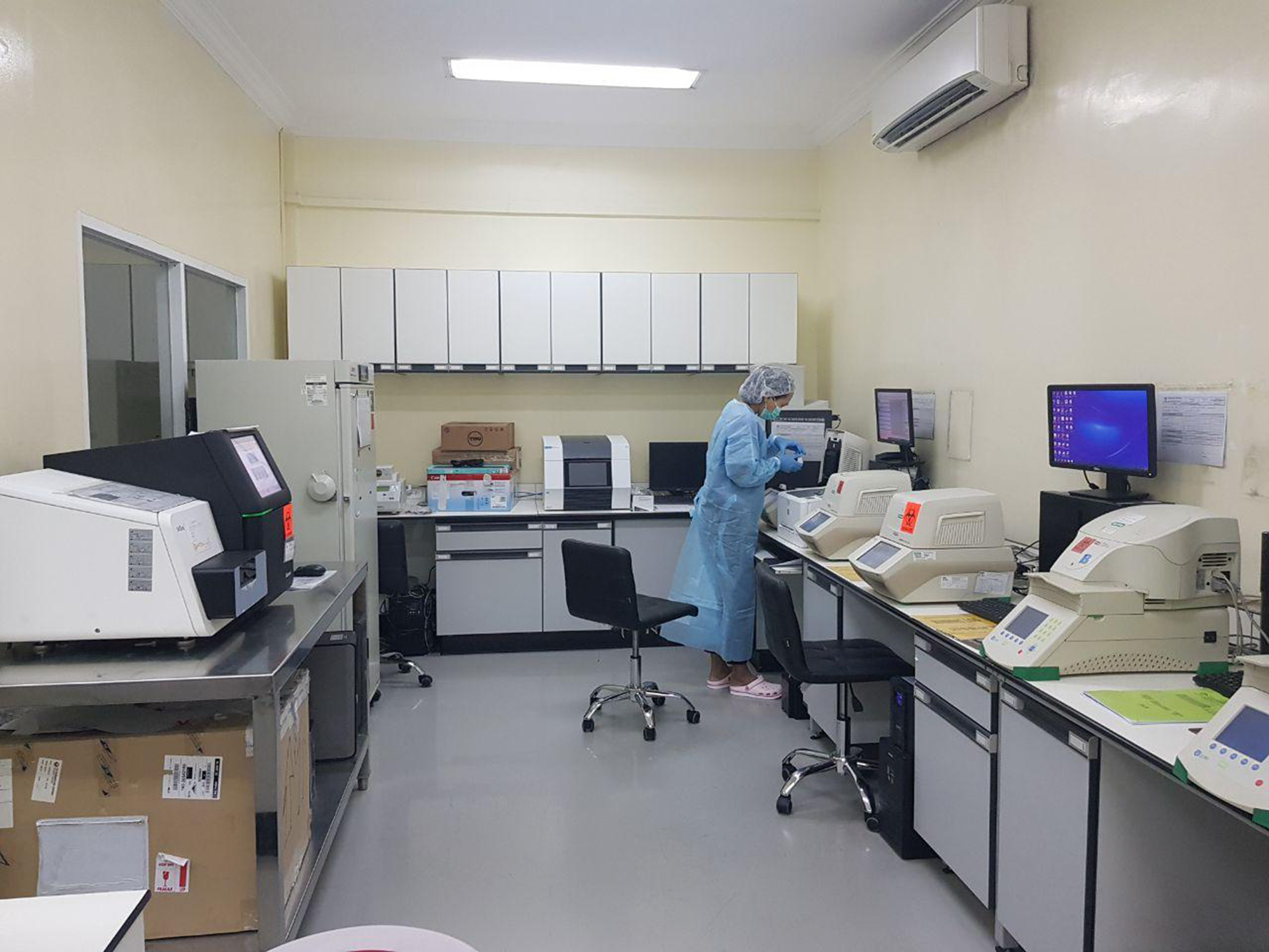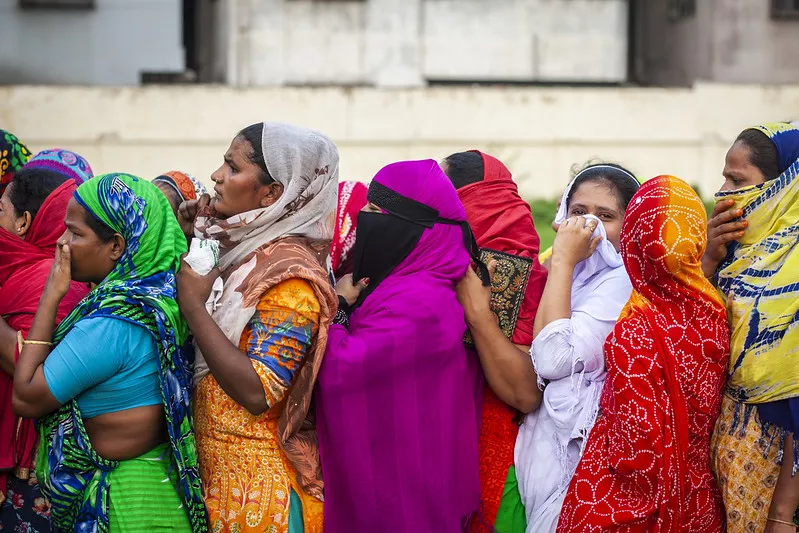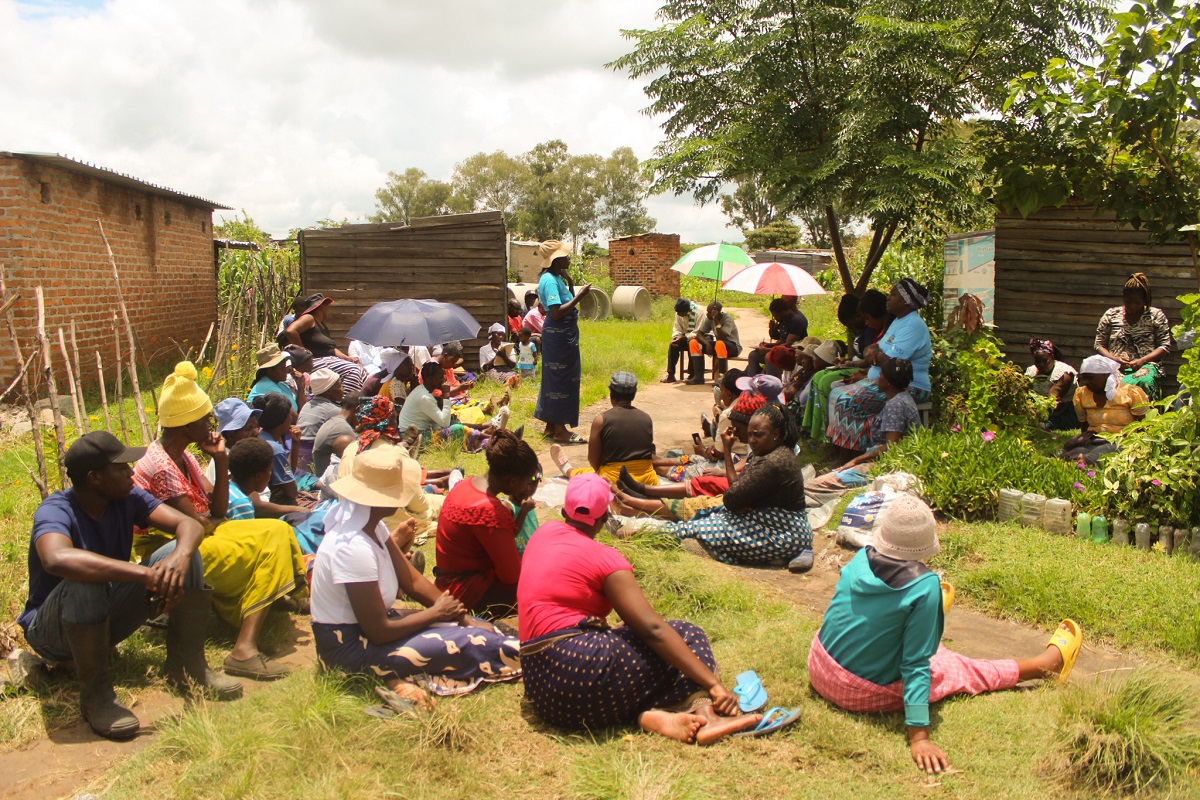In response to the Covid-19 pandemic and the public health crisis it triggered, the Cambodian government introduced a number of protective measures to stop the spread of the virus. These measures aim at stopping the spread of the virus, but at the cost of minorities, as many members of the vulnerable communities have been left out by governmental protection. To understand the impacts of these policy responses on the target vulnerable groups, our team in Cambodia have interviewed twenty individuals including trafficking survivors, Khamer migrant workers returning from abroad during the pandemic, NGO workers, and other relevant stakeholders.
The Covid-19 policies in Cambodia have changed and evolved rapidly, and most interviewees found it difficult to follow the development of these policies. New national policies and regulations were announced frequently with no emphasis on the vulnerable groups, such as the migrant workers, which left many of them at risk of exploitation and trafficking.
Four migrant workers, three still working abroad and one have already returned to Cambodia, were tricked by their brokers into staying in their receiving country and becoming undocumented workers. They were convinced that if returning to Cambodia, there would be no job available to them, and it would be impossible for them to support their families.
The nine trafficking survivors who participated in this project seem to receive social protection support to some extent during the pandemic. However, the support was not sustainable, and in order to survive, some of them had to extend their job search abroad. Three of these survivors have even returned to the destination countries to which they had been trafficked.
The seven key informants interviewed by us have experience working with migrant workers and trafficking survivors for at least two years. During the interviews, they have found a great balance between protecting the privacy and sensitive information regarding the vulnerable people and sharing insightful perspectives to help us achieve the goal of this project, which is to support all of the migrant workers abroad, the returned migrants, and the trafficking survivors.
National policies, especially those related to health and safety, should apply and be accessible to everyone, including the vulnerable migrant workers and trafficking survivors. As Covid-19 related policies are fast-changing in nature, many migrant workers had no option but to believe in the information provided by their brokers as they have limited access to the latest or accurate information, placing themselves under the risk of being deceived and induced.
The following set out items that the research team have learned about the policy responses to Covid-19 in Cambodia through the interviews:
- The policies have been regularly updated and revised, but the government has failed to put them into practice accordingly.
- Most policies were designed for the general public, excluding the vulnerable migrant workers and the trafficking victims.
- The social protection and healthcare services are insufficient to support the migrant workers and trafficking victims, which makes them even more vulnerable under the pandemic.
- There is no proper tracking system developed for overseas vaccination records.
- Undocumented migrants in their destination countries are at high risk of being affected by Covid-19 and being financially exploited.
The author suggests the following to improve the policy-making and implementation:
- Relevant stakeholders and experts from different backgrounds and of both gender should be included in the policy-making process to ensure all vulnerable groups are respected.
- The policy-making should prioritise the benefits of the Cambodian people, instead of other interest groups or parties.
- Actionable policies specifying the rights of the undocumented worker, the returned migrant workers, and the trafficking survivors should be introduced and implemented.
The policies can be enhanced through a number of initiatives. For example, overseas supports for migrant workers aboard during the pandemic can provide them with logistic information regarding their return, food, allowance, and so on. Covid-19 testing and treatment for migrant workers should also be co-arranged by both the Cambodian government and the governments of their destination countries to ensure that no Cambodian migrant workers are left uncared for. Finally, economic support could ensure a smoother return and healthy life during the pandemic, and it must not be overlooked. The research team believes that with higher government attention, positive changes are possible to be achieved to create a better and safer environment.
This blog was originally published by the Humanity Research Consultancy here.


